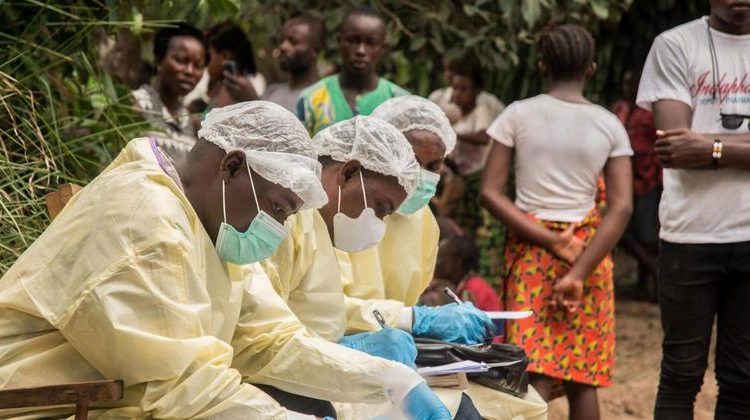The current Cholera outbreak has been described as the worst cholera outbreak in a decade with recent statistics showing 19,629 confirmed cases and 661 deaths as of Thursday, January 5, 2023.
Statistics show that from 1998 to 2021, Malawi experienced cholera outbreaks almost every year, with the worst episodes in 1998-99, 2001-02, and 2017- 18.
Adamson Muula, an epidemiology expert and Malawi Medical Journal Editor-in-Chief said in his recent write-up in the publication that, unlike Covid-19, cholera affects the very poor.
He said much of the population, especially those who have little or no access to potable water, toilets, or hygienic latrines and access to food prepared and stored in hygienic ways are at great risk of catching cholera.
“Not all of us are at risk of cholera. People who have functioning water closets, potable water from taps in homes and those who fortify themselves by not eating at questionable places are basically not at risk. Such a disparity in risk has contributed to the spread of the disease. Cholera affects people ‘without names’.
“People who are not served by the municipal water supply system. People who defecate in bushes and other open spaces, drink from open water sources (lakes, unprotected wells), and live in communities where the different water companies can fail to provide tap water for days on end. Such a disease becomes difficult to control as the bourgeois feel unconcerned,” he said.
Muula said cholera will disappear once the country is committed to meeting Sustainable Development Goals (SDG) such as SDG 3 (Good health and Well-being), SDG 6 (Clean water and Sanitation), and SDG 10 (Reduced Inequalities).
Shire Times is hereby encouraging people to get vaccinated for the Cholera vaccine and also to be hygienic at home and refrain from eating in questionable eating places.













